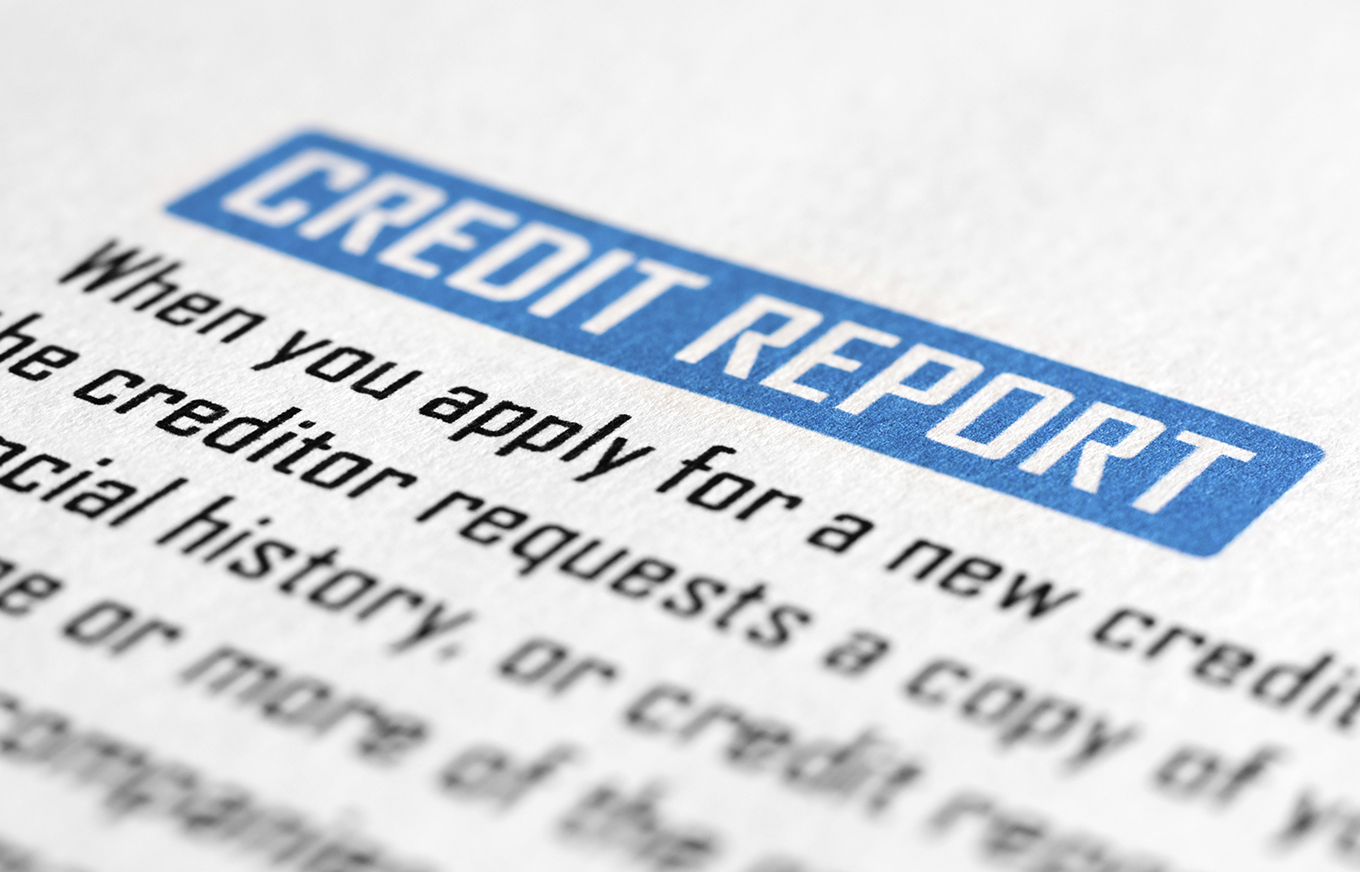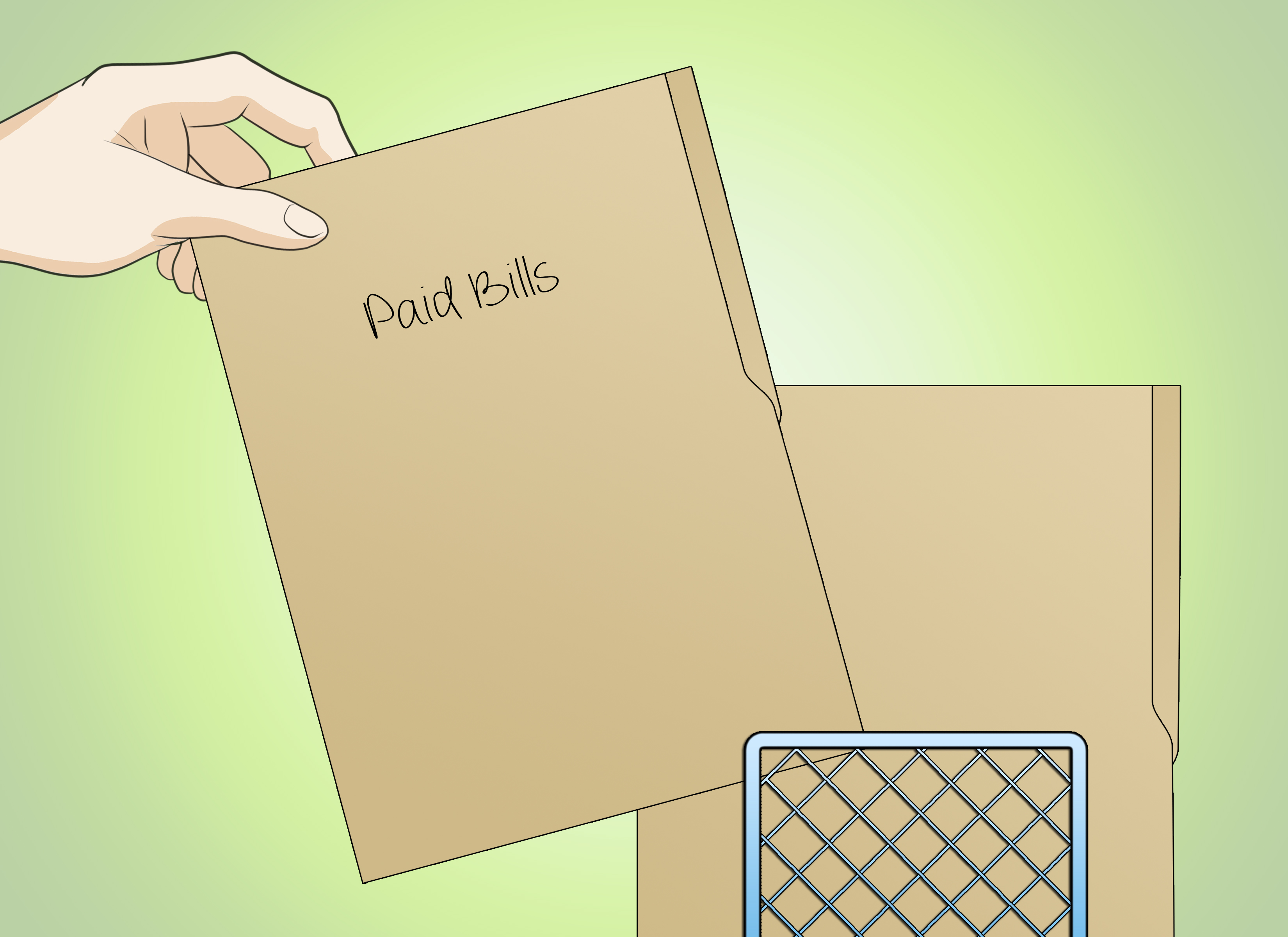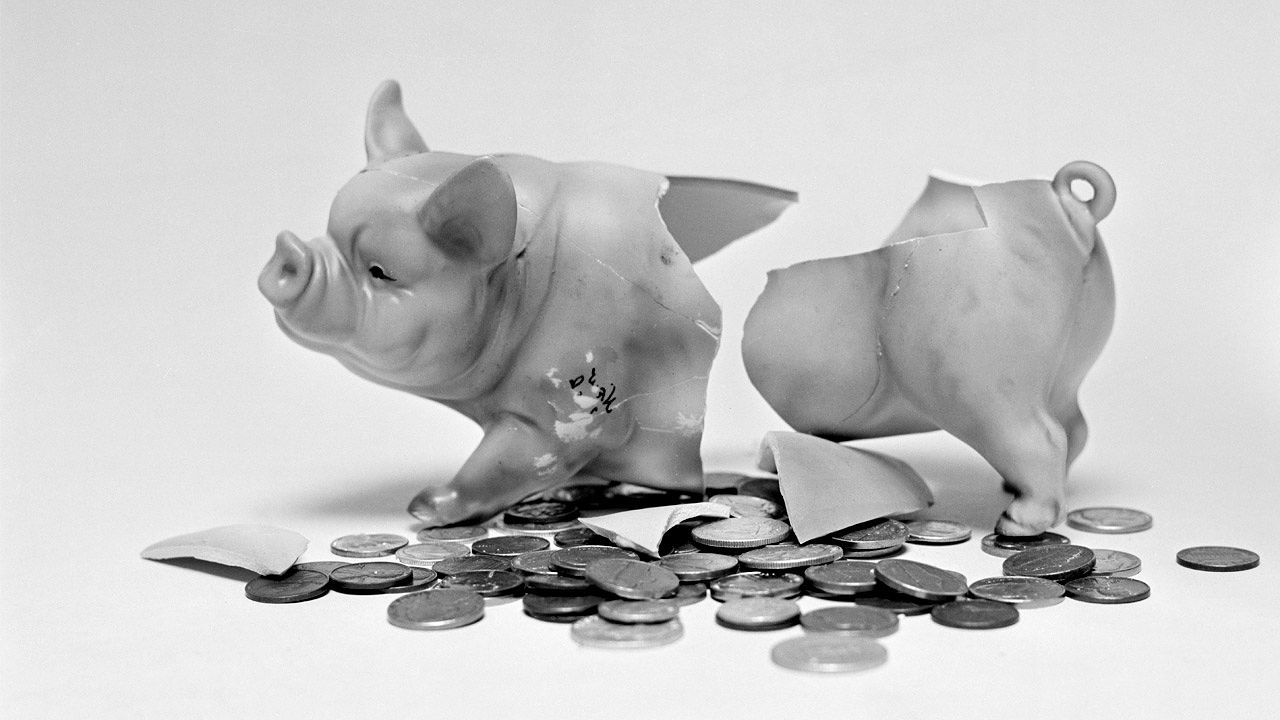There is a point of critical mass where we go from barely making our rent payment to making enough dough to buy a new car. It is this moment where a little voice in our head says, “wait.”

(Source: productiveflourishing.com)
Perhaps you’ve been here before, where you had a little more money coming in or maybe this is your first rodeo. The question on your mind, when you want for so much but most importantly want to do do the next smartest thing is, what is my first move?
You might feel ready to invest, but there are non-negotiable steps you must take before spending your hard-earned cheddar. If you don’t, you’re just going to continue down the treadmill further until you take them.
The first three steps are the hardest and for that reason most often skipped steps of young investors.
First, you must clear the table of your previous debt bad juju. That includes a seek and destroy mission to find any bad juju you’ve forgotten.
Then you have to save up said cheddar until you have enough to weather a bad storm. It is only then that you are free and clear to shop around.
Separate Debts From Investments

(Source: financialmanagementonline.com)
Here is what is not necessarily bad debt: your mortgage, your student loans, and your business loan. Those investments should make you money, but if you have these, it seems you’ve already invested, my friend. Just clear your bad debt.
Your car, although it takes you to work, is a liability. If you can commute via public transit, do it. Sell that money pit until you are outta debt and your investments are turning a profit.
Any loan other than student loans is bad debt. (Some student loans are pretty nasty too.) Any loan, includes personal or bank loans, credit cards or otherwise.
Don’t ignore anyone who might hurt you for not paying back a debt (who the heck are you borrowing from?) but sometimes personal loans can wait.
Family may let you put them last in line if they know you are working a plan. Share your plan with them and make puppy dog eyes.
Pay off Your Ugliest Debt

(Source: kwekwebiz.com)
What constitutes ugly? Take first your highest interest rate credit card or any loan that is high or soon-to-become high, because you’re at the end of a promotional window.
You know, those interest-free-for-one-year deals, where you spent every last penny of the loan over the last twelve months? That one is about to blow up.
Plan to get on the phone early and often with your creditors. See if you can refinance or delay payments on any of your debts to give you some breathing room, but pay close attention to the long term effect of any restructuring.
If a refinance frees you up to pay down another bill, only to haunt you worse in six months, then it may not be worth it. You want reasonable payment arrangements, but you don’t want to spend fifteen years at this.
Think of it this way: every cent of bad debt you pay down now is like money invested.
Even if you were paying 15% interest on your credit card, say, but make 20% on some investment, you’re not really netting 20% return on your investment. It’s not exact math, but in round figures, you’re netting closer to 5%.
In other words, your bad debt subtracts from any returns.
Check For Any Lost Debt

(Source: ontariocreditcheck.ca)
There is nothing worse than getting ahead on your debts only to find there was a hospital bill you ignored three years back.
Those things always have a way of popping up just when you are feeling pretty good. You know, that moment you decide to splurge on a new pair of jeans, right when you are checking out. That’s when they call.
As part of your plan to payback your debt, run a credit check to see if you have anything outstanding. Add anyone to whom you owe money to your call list.
Get Organized

(Source: wikihow.com)
Once you start making calls you are gonna want a pen and paper. There are more ways to organize yourself than there are days in the year.
Keep it low tech, using a notebook. Use a fresh page at the start of every month. Write down your total debt at the top with the month and year. Check to make sure you are making progress over last month.
Make columns on each page as you go. The first column is your creditors. The next column is the date you owe them a payment, then a column for the amount.
If you have a smartphone with reminders, get busy making reminders and plan to NOT ignore them. Make your agreed payments like your life depended on it. This is how you will get out, one month at a time.
Save Six Months of Living Expenses

(Source: fastcompany.com)
It may take you a few years, but you will get ahead of your debt. When it is all paid to zero, and only then, start saving money in a saving account.
You’re gonna want this later. This is money you will never touch unless you lose your job. The conservative figure is six months of bills, but if you can put away one year even better.
You never know under what circumstance you may be out of work or how the job market will be when it happens. It happens, even if you’re good, even if your company is solid.
Shop Around

(Source: wallpapersxl.com)
When you’ve paid down all your crummy debt, save enough in case of an emergency. Now you are finally ready. You may start shopping for investments.
The reason you wait is you are going to talk to sales people. Their training is to convince you to invest. Even if you are a successful salesperson yourself, do not assume you will walk out an “information gathering” conversation without some hard closing techniques.
For this reason, you should vary your sources for information. Reading is a great way to start shopping. Good old fashioned books can teach you a lot about smart investing.
Also, read reputable sources like the Washington Post or New York Times. They may suggest books you should read.
Talk to friends who invest. Keep that old notebook handy. Take notes on any advice they give you. You are going to look for consistent advice from trusted sources.
DO NOT listen to just one person.

(Source: alignthoughts.com)
While you shop for the right investments (you may make more than one), keep shoving money into a bank account, one with a good interest rate.
When it comes time to move it, you’ll have more than you put in that account if you play your cards right.



